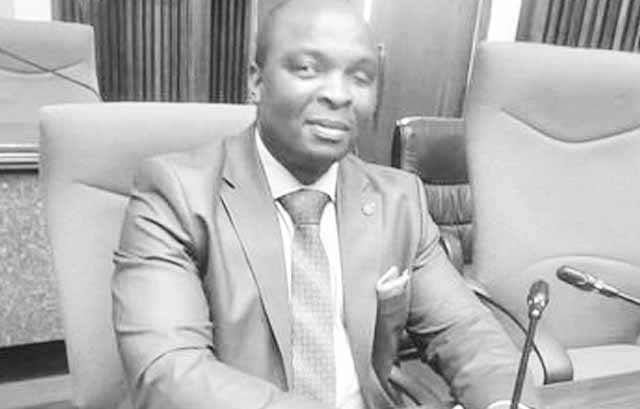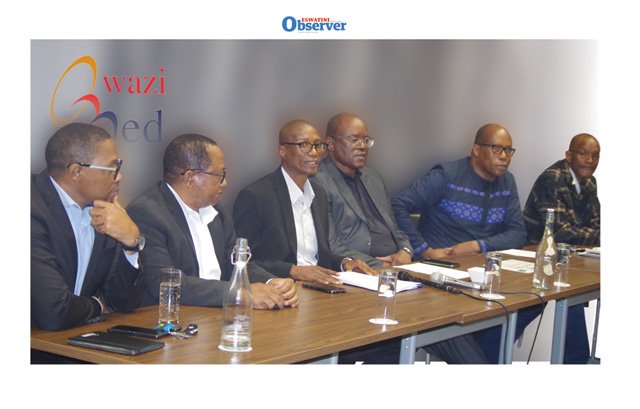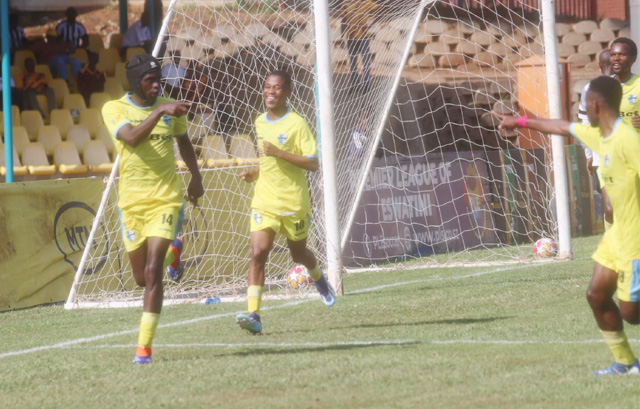By PHEPHILE MOTAU | 2023-11-30

Former journalist Mbabane East Member of Parliament, Welcome Dlamini, said the State should regulate the media.
Dlamini, who also is the President of the Swaziland National of Journalists (SNAJ), was speaking yesterday afternoon during the second day of the parliamentarians’ five-day induction conference at the Happy Valley Hotel.
This was after a presentation by Chairman of the Editor’s Forum and Eswatini Observer’s Managing Editor, Mbongeni Mbingo, who presented on the relationship between the media and Parliament.
The parliamentarians showed a lot of interest in this presentation as many wanted to comment.
Mbingo had raised that since the enactment of the Media Council Bill about 20 years ago; the media had not been successful in regulating itself.
Dlamini said the media had a chance to regulate itself for 20 years and it had failed and this was because media houses did not see eye to eye.
The legislator said journalists from the Times of Eswatini were not reported on in Eswatini Observer and vice versa because of this adding that they had failed to come up with funds for the media complaints commission.
“Since you have failed to self-regulate, how about government brings back State regulation because you have failed to regulate yourself for over 20 years now,” Dlamini said.
He asked if this would not be positive as media houses were sued successfully and according to him, this was because the Judiciary was anti-media.
He opined that State regulation would assist the media.
During the recent political unrest, another face of the media was revealed, the MP said.
He highlighted that he was also inside and as such knew what he was talking about.
“The narrative was being controlled elsewhere as opposed to the newsroom. Are we still seeking the same thing, because the death or resurrection of Eswatini at that time was dependent on the media,” he said.
Dlamini added that the people looked at what the newspapers said and went with that.
He revealed that he was forced to flee as he was seen as pro the system and claimed that those who were anti-system were comfortable.
Hhukwini MP, Alec Lushaba, another senior journalist said it would be good for the media not to be viewed as an enemy.
Lushaba said previously, the prime minister had breakfast meetings with the Editors Forum, which gave editors an opportunity to question Cabinet in certain issues.
The media, Lushaba said, represented the man on the street and stated that some of what Dlamini submitted was true.
He further advised that the Speaker and the Senate President should challenge themselves to create a relationship with the media and that Parliament should also assist the media with the missing laws, including self-regulation.
The Hhukwini MP further said the media reported both positive and negative things and that a person became good overall.
“What was missing yesterday were people who stood for the truth,” he said.
Lushaba said during the unrest, it called for some journalists to stand up and defend the country.
Editors Forum Chairperson said Dlamini was being mischievous.
Mbingo said because Dlamini was now on the other side, he would say this about the media.
He said the media was owned and different in their ownership.
Mbingo said there are media houses owned by the State and some owned by businessmen.
He further said media houses could not all see things from the businessman’s perspective, and Dlamini knew that.
The chairman stated that the character of newspapers was that they were not to do the same thing and further explained that the media had structures, which works through the code of ethics.
“When we visit other countries, we are asked if we have independent media. We pride ourselves that the Times is an independent newspaper,” he said adding that this meant that the country was democratic.
Further, Mbingo said there also is the Eswatini Observer, owned by the State, and therefore, these publications did not meet.
He said they met in the code of ethics.
“However, he is right. Self-regulation has not happened. This is not because the media has failed, but it has not happened because of the structure of owners in the country.”
Mbingo said meeting with owners of the different media houses was difficult, but by way of regulation, the publications self-regulate.
The truth, Mbingo stated, was that the Judiciary had killed the media as it took money from the media and gave it to skelems and highlighted that the media would end up not operational because of the high amounts of fees awarded by the courts.
He said Parliament also did not support the media, particularly from the management to say this was wrong when some MPs recorded and sent recording during sittings.
share story
Post Your Comments Below
Health officials have reported a significant decrease in new HIV infections among men, in...

THE recent turn of events at SwaziMed has underscored deep-rooted governance challenges that thre...
Social media users have reacted with shock and sorrow to the death of former Mhlume Unite...

Sisonkhe FC ……........….. (0)2
Mpendulo 55th, Thab...
All material © Swazi Observer. Material may not be published or reproduced in any form without prior written permission.
Design by Real Image Internet